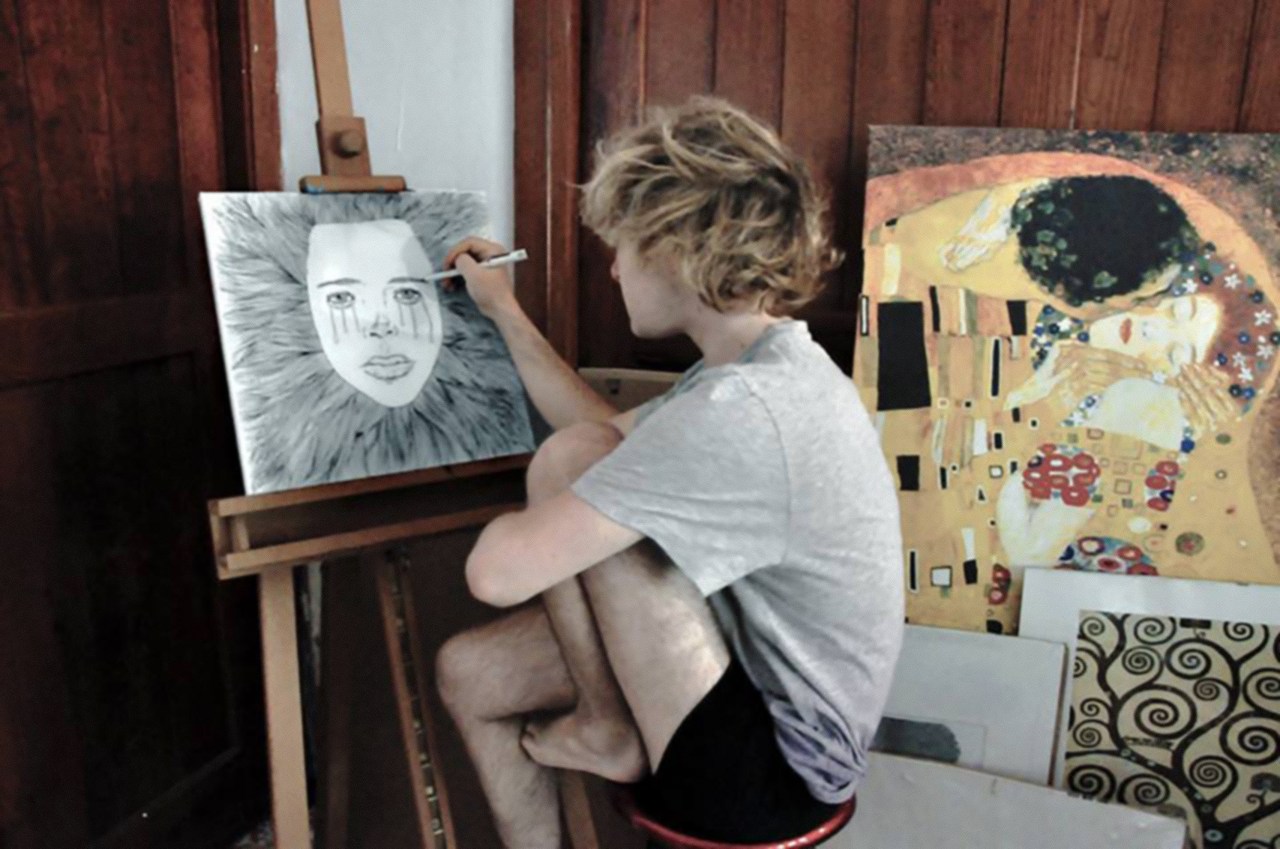
8 Reasons Why Overthinkers And Worriers Are Usually Creative Geniuses – According To Science
1. Neuroticism stems from activity in the brain circuits that govern self-generated thought, which creates representations of information that are unrelated to reality: creativity and angst. It’s essentially another facet of the “rumination” theory: that depressed people are creative because both creativity and depression requires incessant thinking which ultimately leads to negative or irrational conclusions and fear.
2. Worry is the mother of invention. Interestingly enough, most of our greatest (or, at least, significant) inventions were born of fear. Industrialized food? Fear of starvation. Medicine? Fear of death and illness. Weaponry? Fear of invasion. It’s concern that creates innovation, not a feeling of security or acceptance.
3. We only experience fear where we truly feel love. The aforementioned inventions were not only created because we feared those outcomes, but because we had love for the alternatives: keeping ourselves and our loved ones safe, healthy and happy. Those who worry the most love the most, and those who love the most create the most to protect and sustain it.
4. Cheerful, happy-go-lucky people are at a severe disadvantage when it comes to problem solving. They less frequently tap into the part of their minds that control both possible negative outcomes and potential solutions. This is part of the reason there is sometimes a stigma regarding these people being irritating – overthinkers wish they could live in ignorant bliss, but their compulsion toward preparing for the worst dominates them.
5. The overactive worrying that leads people to feel so unhappy can also drive them to seek more genuine lifestyles, even when counter to the “norm.” It’s only in finding persistent fault with the reality that they exist in that people strive to create better, and more. Interestingly: this rarely leads to their increased happiness (that’s a matter of training and redirecting said thoughts) but it does create alternatives for other people, think: Isaac Newton, Charles Darwin, Vincent Van Gogh.
6. Overthinking activates certain parts of the medial prefrontal cortex, which is connected to the conscious perception of threat and danger. Essentially, there’s little or no way to overthink something without then diving into negative possibilities or anxieties. When you start worrying, you inevitably start the creation process.
7. “Genius is pain,” because nobody is driven to create out of comfort. As a rule in general, human beings do not change until not changing is the less comfortable option. We don’t want happiness, we want comfort. It requires an extraordinary amount of discomfort to achieve genius levels of function.
8. If you can generate many negative thoughts via overactivity in the brain, you can then experience intense negative emotions… even when there is no threat present. Ironically, this tends to lead to more overthinking as a means of walking yourself out of that labyrinth of anxiety. Regardless, it seems you can’t have genius without a degree of worry, discomfort or fear. It seems that the people who most fully actualize that aspect of themselves are the ones who are willing to cope with the consequences, not the ones who are most gifted and naturally able to do so. ![]()











